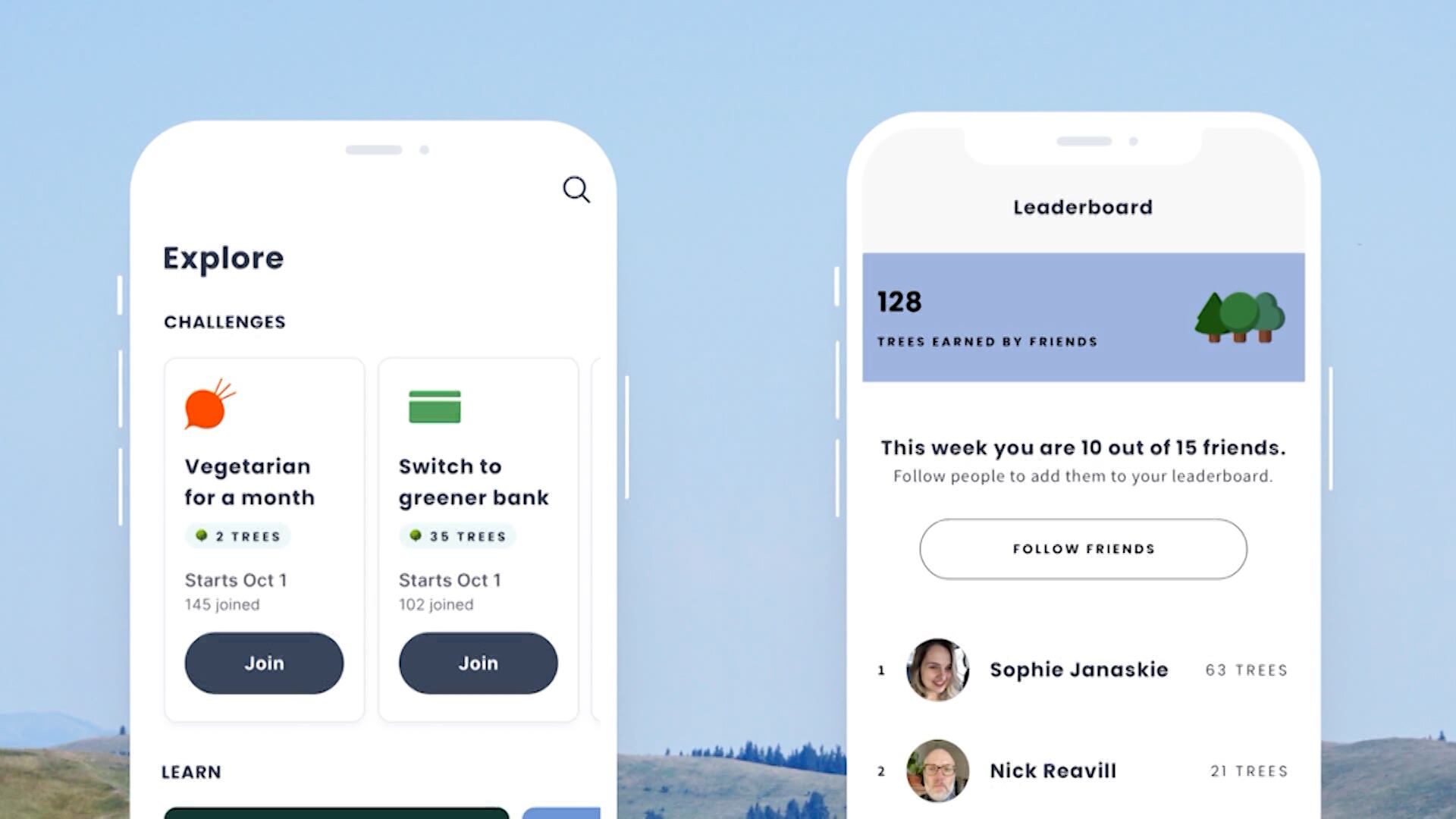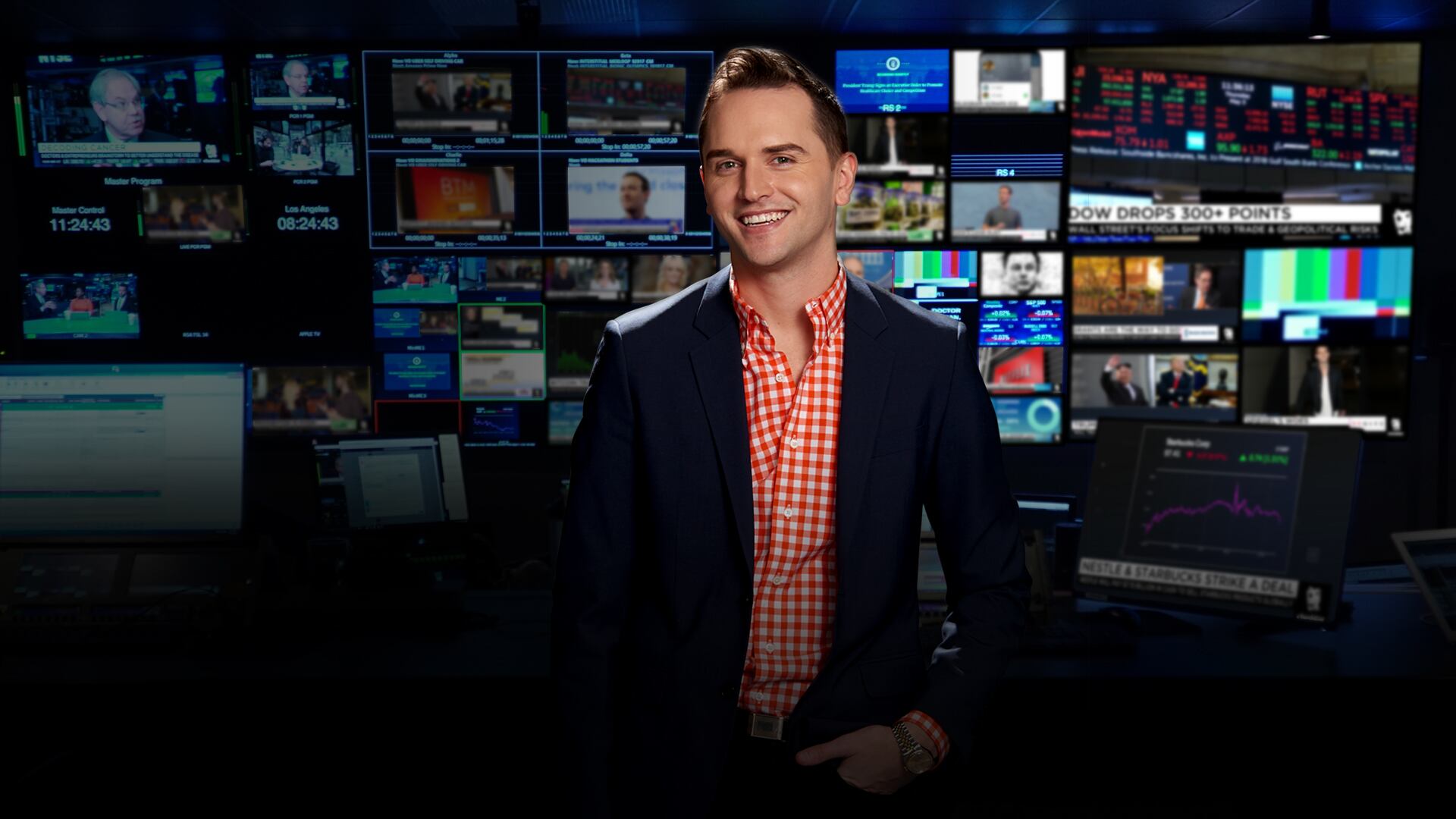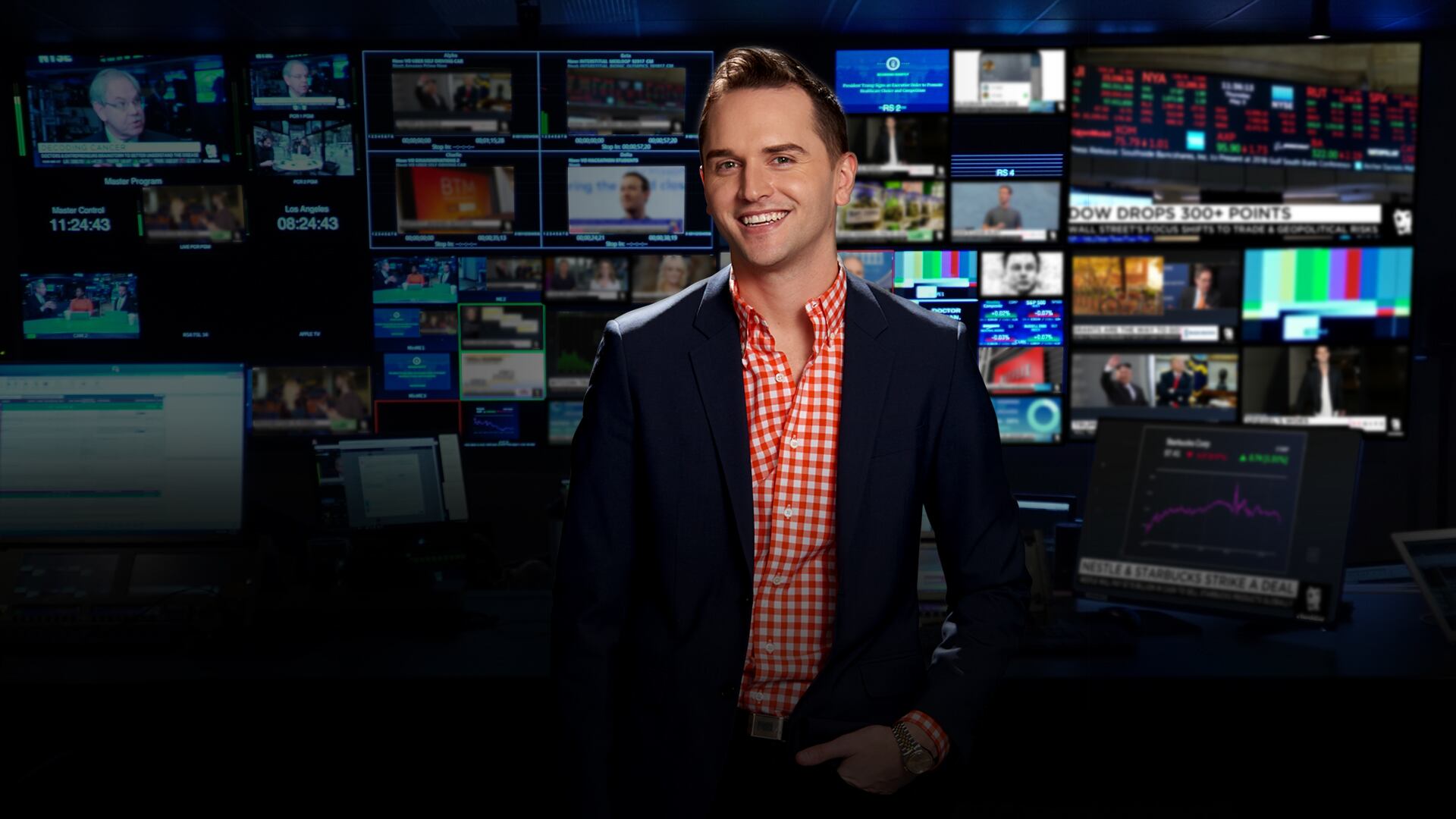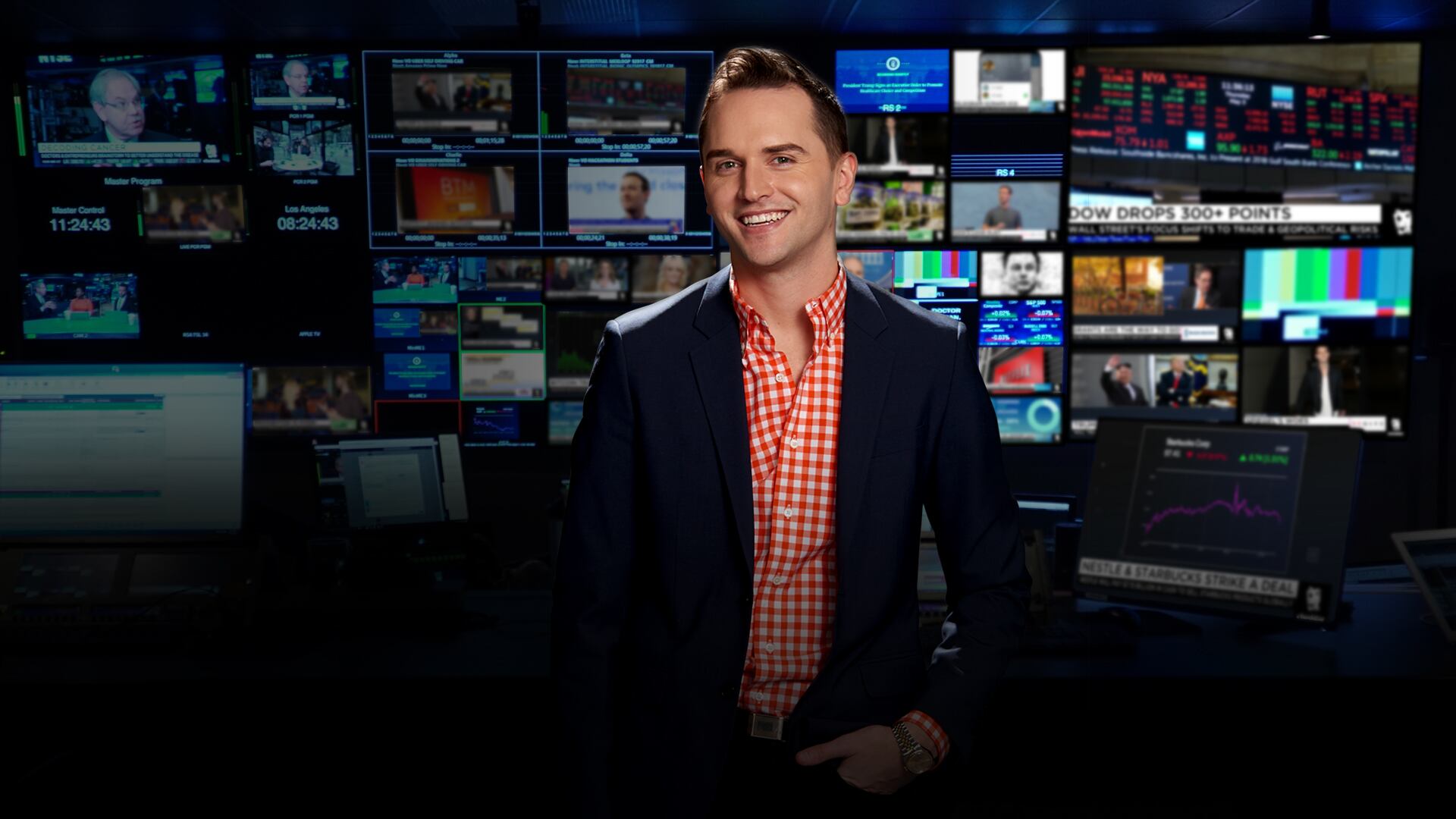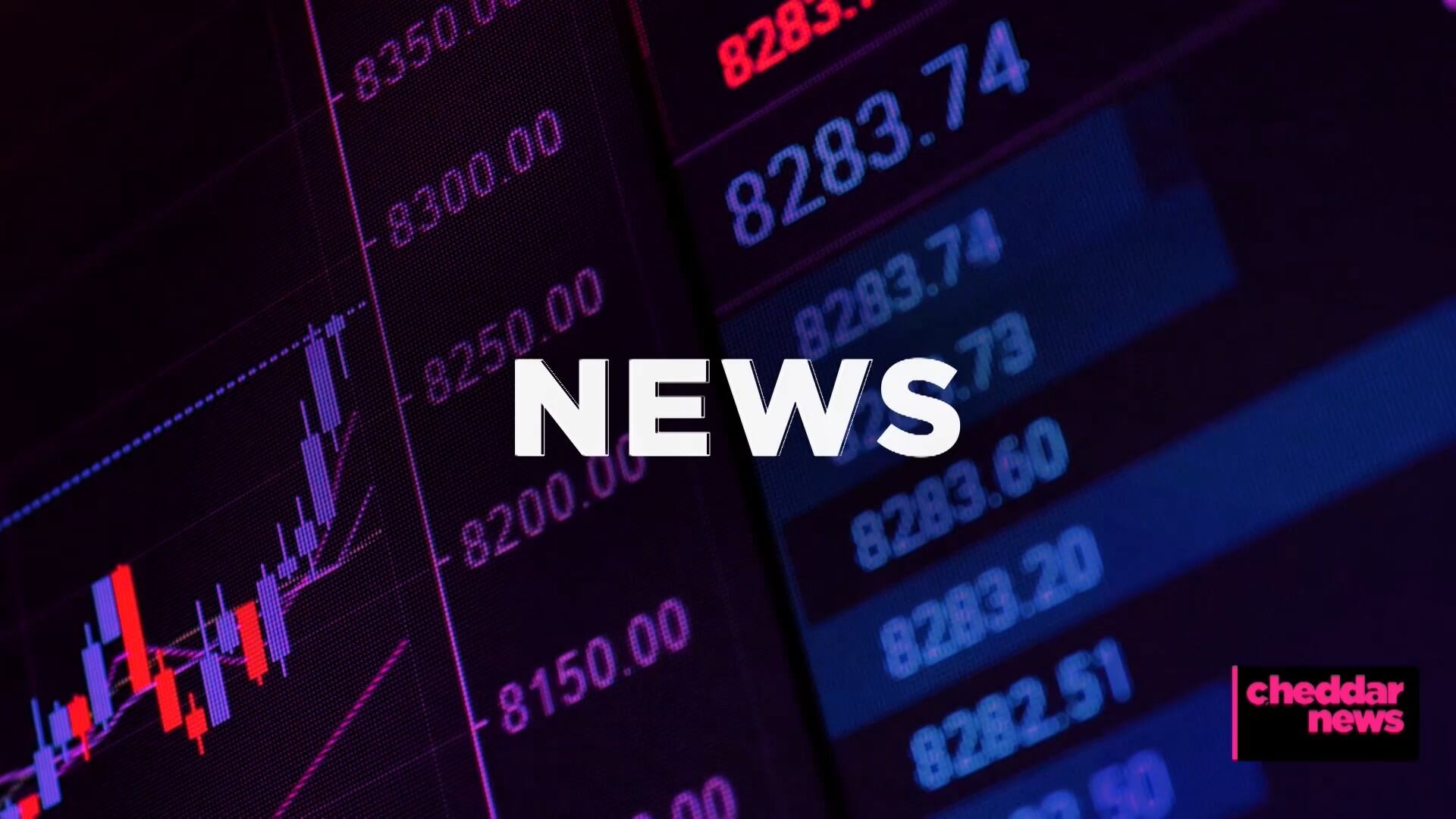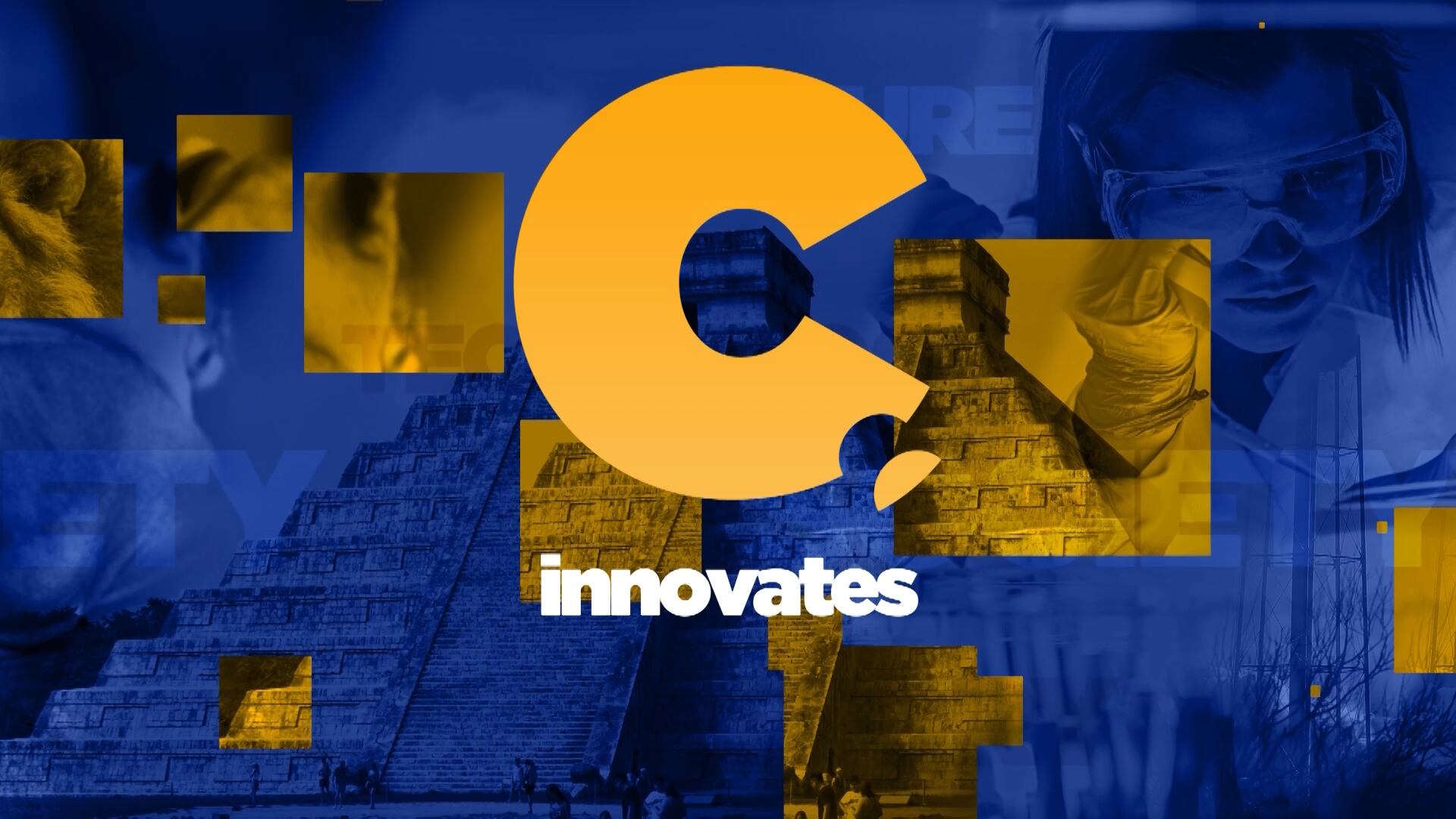*By Carlo Versano* Paul Allen, who co-founded Microsoft with Bill Gates and went on to become one of the country's most prolific philanthropists and technologists, died Monday at 65. His company Vulcan released a [statement](http://www.vulcan.com/News/Articles/2018/Statement-on-Paul-G-Allen) saying the cause was non-Hodgkin's lymphoma, which Allen had battled on and off for years. Allen and Gates famously started Microsoft ($MSFT) in 1975 after dropping out of college and partnering to write computer code for early PCs. The break that would elevate their tiny company ー whose name was a *portmanteau* of "microcomputer software" that Allen came up with ー and make both men fabulously wealthy came when IBM ($IBM) chose it as the software supplier for that company's first personal computer. Allen left Microsoft in the early 80s but remained on the board until 2000. Current CEO Satya Nadella said in a statement: "As co-founder of Microsoft, in his own quiet and persistent way, he created magical products, experiences and institutions, and in doing so, he changed the world." As Allen became one of the world's richest people ー Forbes [estimates](https://www.forbes.com/profile/paul-allen/#7bd56f414417) his estate to be worth at least $20 billion ー he became known for his charitable largesse, nowhere more so than in Seattle, where he lived. He also bought sports teams ー he was owner of the NFL's Seahawks and the NBA's Portland Trail Blazers ー turning them into billion-dollar franchises, opened cultural institutions, donated to local STEM non-profits, and re-developed a Seattle neighborhood that is now home to a booming science and tech industry, including the headquarters of Amazon ($AMZN). He was regularly [listed](https://www.forbes.com/sites/jenniferwang/2018/10/15/the-greatest-givers-meet-americas-top-philanthropists/#42fc98bd1af1) among America's most generous givers. Allen is survived by his sister Jody, who [said](http://www.vulcan.com/News/Articles/2018/Statement-on-Paul-G-Allen): " While most knew Paul Allen as a technologist and philanthropist, for us he was a much loved brother and uncle, and an exceptional friend."
